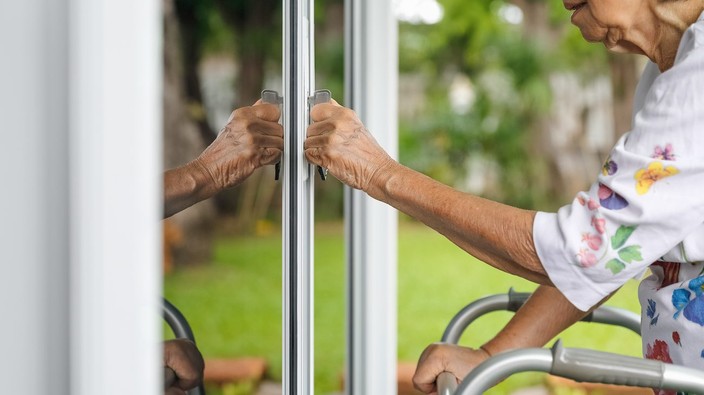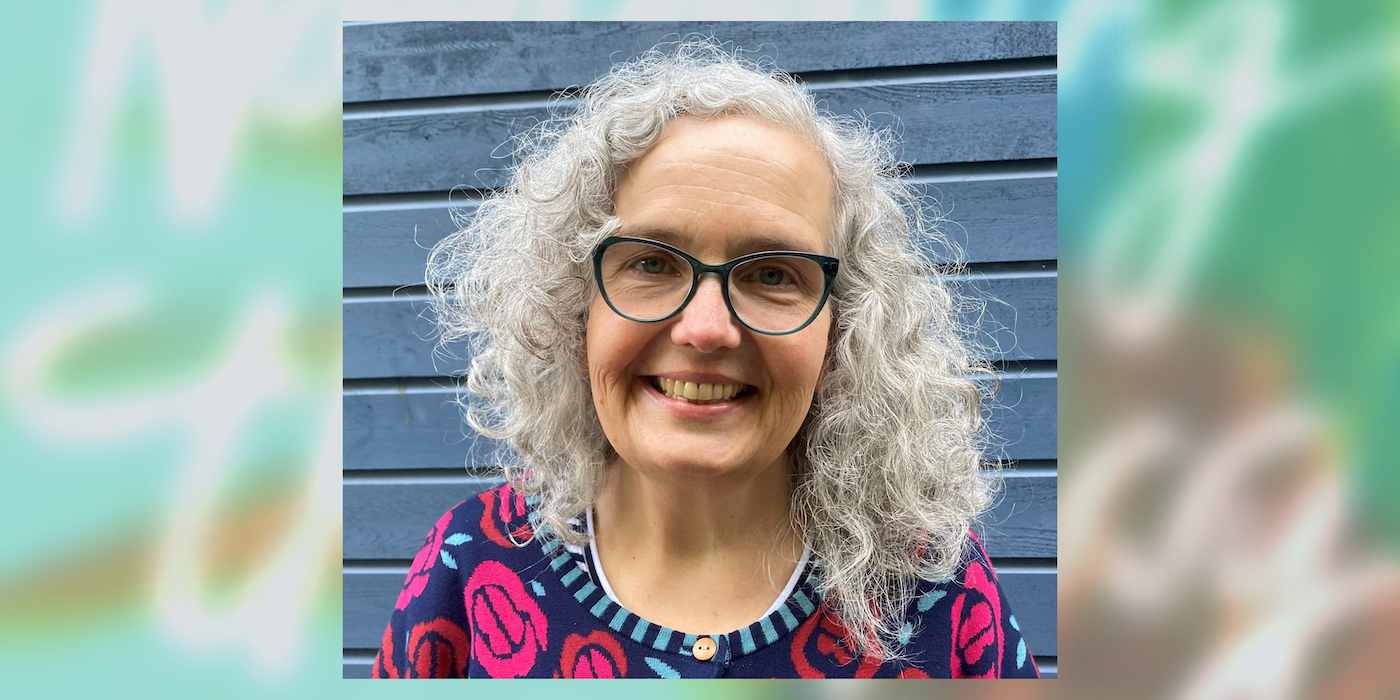aging isn't a 'great terror': author ann douglas asks women about middle age in her new book
many women didn't expect how busy they would be in middle age, both in their careers as well as with family obligations. they also didn't bargain for the guilt.
asking for a friend: menopause came, and now i have chin hair
there's a lot of things that are annoying and uncomfortable about menopause, and hair in unexpected places is just one.
how i care for multiple myeloma: 'i want to believe there will be a cure in our lifetime'
sass khazzam, whose wife sharmeen lives with an aggressive form of multiple myeloma, says that while he believes fundraising will advance research for the blood cancer, he's cautiously optimistic about a cure.
 4 minute read
4 minute read




















